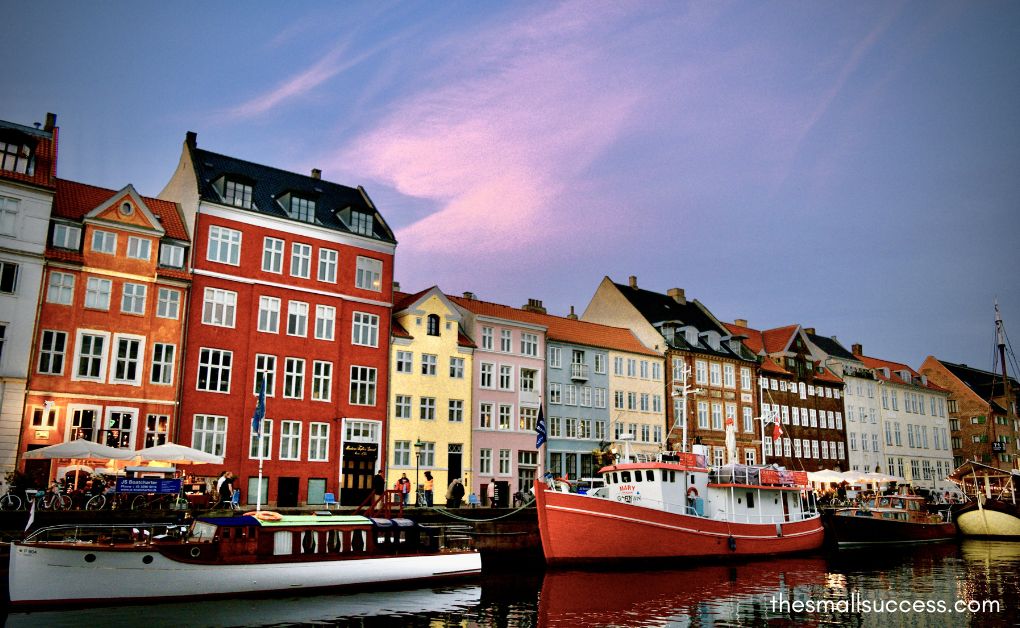Why Expats Are Moving to Denmark in 2025
Thinking of relocating to Denmark? You’re not alone. Denmark continues to attract expats from all over the world thanks to its excellent healthcare, world-class education system, and strong work-life balance. Whether you're planning a new career move or simply craving a high-quality, peaceful lifestyle, Denmark checks many boxes. But before making the leap, there's one critical thing to understand: the cost of living. In this guide, I’ll walk you through what you can realistically expect to spend — from rent and groceries to public transportation and internet. This is based on 2025 data as well as input from expats currently living in cities like Copenhagen and Aarhus.
Housing Costs in Denmark (2025)
Housing will likely be your largest monthly expense, especially if you're moving to Copenhagen, Denmark’s capital. Aarhus, the country’s second-largest city, is also popular among expats and tends to be more affordable.
"I live in Aarhus and saved about 30% compared to similar apartments in Copenhagen," one expat told me. “I still enjoy city life, but without the high price tag.”
Here’s a rough idea of current rent prices:
- Copenhagen (city center): 11,000–13,500 DKK for a 1-bedroom apartment
- Aarhus (city center): 9,500–11,000 DKK
- Outside city centers: 7,000–10,000 DKK depending on city
- Shared apartment room: 4,000–6,000 DKK
💡 Tip: Many expats choose to live just outside the city and commute using Denmark’s excellent public transport system.
Food and Grocery Costs
Groceries are moderately expensive in Denmark, especially due to the high import rates for many food items. Cooking at home is cost-effective, but eating out can add up quickly. Monthly Grocery Budget (Single Adult):
- Basic home cooking: 2,500–3,500 DKK
- Occasional dining out (1–2x/week): 800–1,200 DKK
🛍️ Local tip: Lidl, Netto, and Rema 1000 are popular for budget-friendly grocery shopping.
Utilities, Internet, and Mobile Plans
Utilities can vary seasonally. Winter heating costs are higher, but summer bills are more manageable. Here’s what you can expect:
- Electricity, heating, water: 1,000–1,800 DKK/month
- Internet (unlimited, 60 Mbps+): 250–400 DKK/month
- Mobile plan (10GB+ data): 100–150 DKK/month
📡 Major providers include YouSee, Norlys, Ewii, Lebara, and Telenor.
Public Transportation and Biking
Denmark is incredibly bike-friendly, and many residents — including expats — don’t own cars.
- Monthly public transport pass: 500–750 DKK
- Used bicycle: 1,500–3,000 DKK (one-time cost)
- Car ownership (optional): 2,500–3,500 DKK/month (includes insurance, fuel, maintenance)
Copenhagen boasts some of the best bike infrastructure in the world, with nearly half of its population commuting by bicycle.
Estimated Monthly Budget (Copenhagen, 2025)
Let’s look at a sample monthly budget for a single expat living just outside the city center:
| Category | Estimated Cost (DKK) |
|---|---|
| Rent (1-bed) | 9,000–10,000 |
| Groceries & Dining | 3,000–4,500 |
| Utilities & Internet | 1,500–2,200 |
| Transport | 500–750 |
| Leisure/Misc. | 1,000–1,500 |
| Total | 15,000–18,950 |
➡️ This budget equals approximately $2,150–2,700 USD/month (as of mid-2025 exchange rates).
Final Thoughts
While Denmark isn’t cheap, most expats agree the quality of life justifies the cost. Clean cities, safe communities, generous parental leave, and a strong social safety net all make Denmark a great place to live and work. If you're planning to move in 2025, do your research, calculate your budget, and consider doing a 1-month trial stay in your chosen city.

